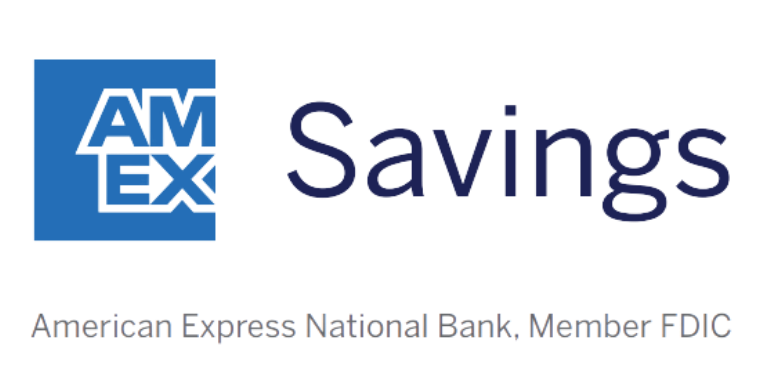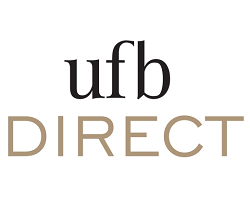Most Americans have a checking account — 90.7%, according to the most recent Survey of Consumer Finances. That’s good, because this type of account is an important tool for managing money. You can use it to get your paychecks deposited, pay your bills, and transfer money where you need it.
Ideally, your checking account shouldn’t cost you any money. But there are ways it can, if you’re not careful. Here are the biggest checking account mistakes to avoid.
1. Paying unnecessary fees
Some banks charge a monthly maintenance fee with their checking accounts. They usually waive that monthly fee if you meet certain requirements, such as maintaining a minimum balance.
Plenty of other checking accounts also have no monthly fees or balance requirements. Many of them are offered by online banks, which are more likely to have fee-free accounts than brick-and-mortar banks. If you’re paying a monthly fee for your account right now, check out the best checking accounts to find one that won’t cost you anything.
Our Picks for the Best High-Yield Savings Accounts of 2024
|
American Express® High Yield Savings 
APY 4.25%
|
APY 4.25%
|
Min. to earn $1 |
|
Western Alliance Bank High-Yield Savings Premier 
APY 5.31%
Min. to earn $500 to open, $0.01 for max APY
|
APY 5.31%
|
Min. to earn $500 to open, $0.01 for max APY |
|
UFB Secure Savings Account 
APY 5.25%
|
APY 5.25%
|
Min. to earn $0 |
Another common type of checking account fee is an ATM fee. Most checking accounts have in-network ATMs that you can use fee-free. But if you use an out-of-network ATM, you could incur fees from the ATM owner and possibly your bank. To avoid this, look up in-network ATMs on your bank’s website or mobile app when you need to get cash.
2. Not having a buffer
If you try to withdraw or spend more money than you have in your checking account, your bank will typically decline the transaction. The exception is if you’ve opted in to overdrafts. In that case, the transaction can go through, but your bank could charge you a fee.
It’s better to avoid this situation entirely. Maintain a healthy buffer in your checking account so you won’t have any declines or overdrafts for insufficient funds. A popular rule of thumb is to keep one to two months’ worth of expenses in your checking account.
3. Keeping too much money in it
While it’s good to have a buffer in your checking account, you don’t want that buffer to get too big. Some people leave large amounts of money in their checking accounts, either because it makes them feel safe or because they don’t know where else to put it.
The problem is that checking accounts normally don’t offer a competitive return on your money. High-yield savings accounts have much higher rates, so one of those is a better place for your savings. For long-term savings, such as your retirement fund, it’s smart to invest your money through a brokerage account.
4. Not taking care of your debit card
Since your debit card is connected to your checking account, you don’t want it to fall into the wrong hands. There are fraud protections for unauthorized debit card transactions, but the level of protection depends on how quickly you report the loss of your debit card. Here are the legal limits for consumer fraud liability, based on when you report your debit card lost or stolen:
- Before any unauthorized transactions: $0
- Within two business days of learning about the loss or theft: $50
- Within 60 calendar days of your statement being sent to you: $500
- More than 60 calendar days after your statement is sent to you: No limit
Always keep track of where your debit card is, and if it’s ever lost or stolen, report it to your bank immediately. You can normally do this online, through a mobile banking app, or by phone.
It’s also wise to avoid using your debit card anywhere there’s a higher risk of fraud. That includes online and at locations where there may be a card skimmer, such as gas stations. Stick to credit cards for these transactions, since they’re not connected to your bank account.
These are all fairly common checking account mistakes that people make. Now that you know about them, you can make sure they don’t happen to you.
These savings accounts are FDIC insured and could earn you 14x your bank
Many people are missing out on guaranteed returns as their money languishes in a big bank savings account earning next to no interest. Our picks of the best online savings accounts could earn you 14x the national average savings account rate. Click here to uncover the best-in-class accounts that landed a spot on our short list of the best savings accounts for 2024.
